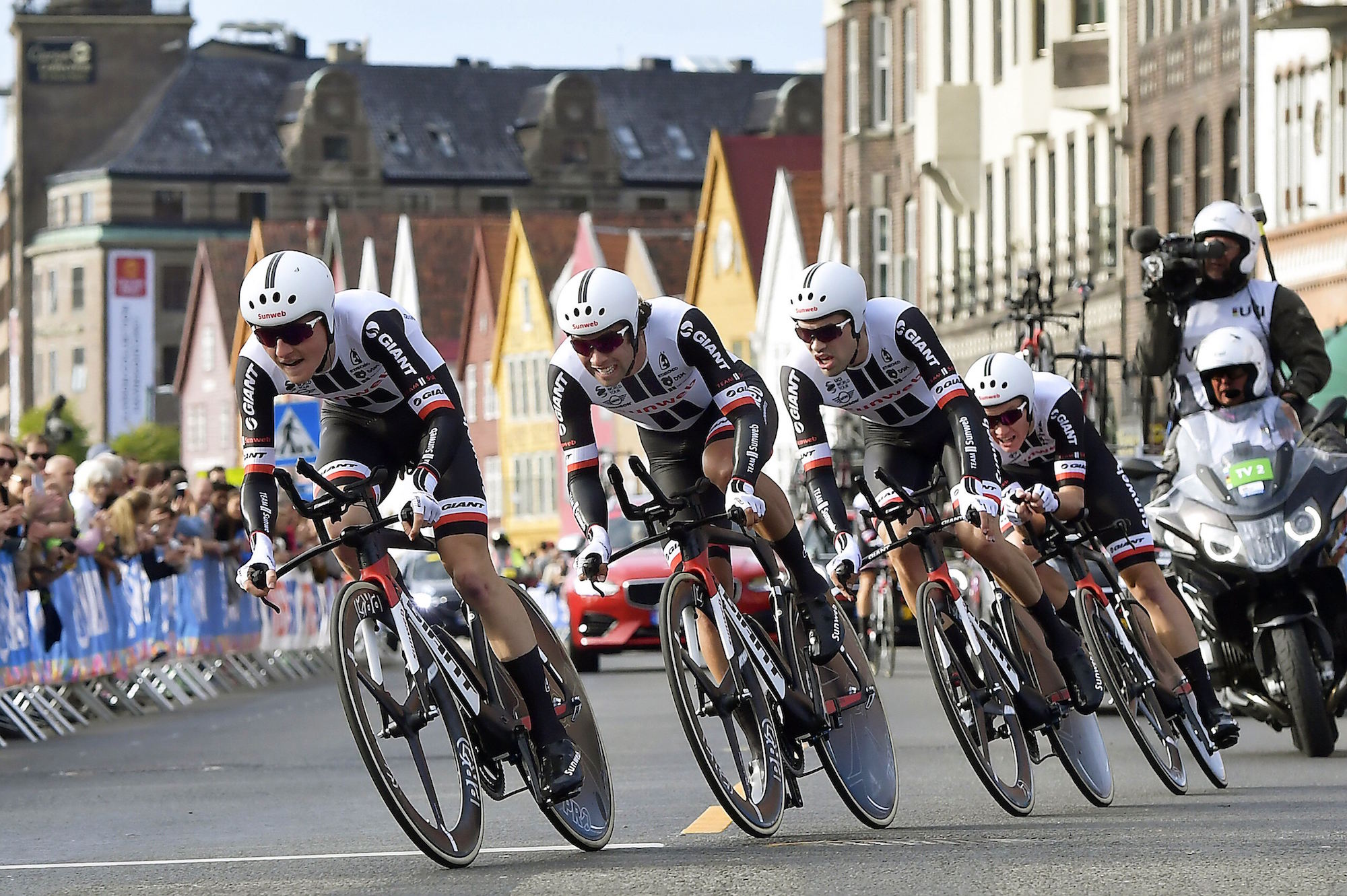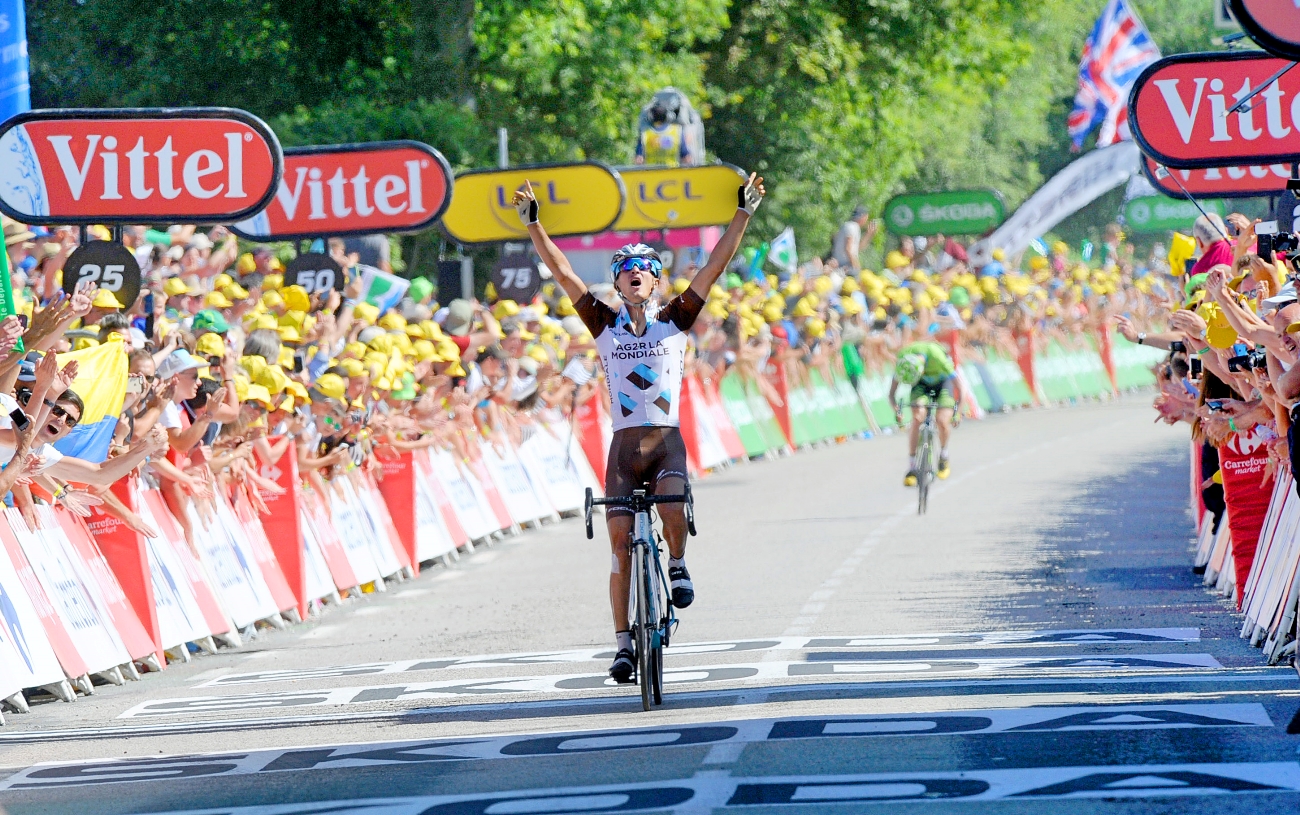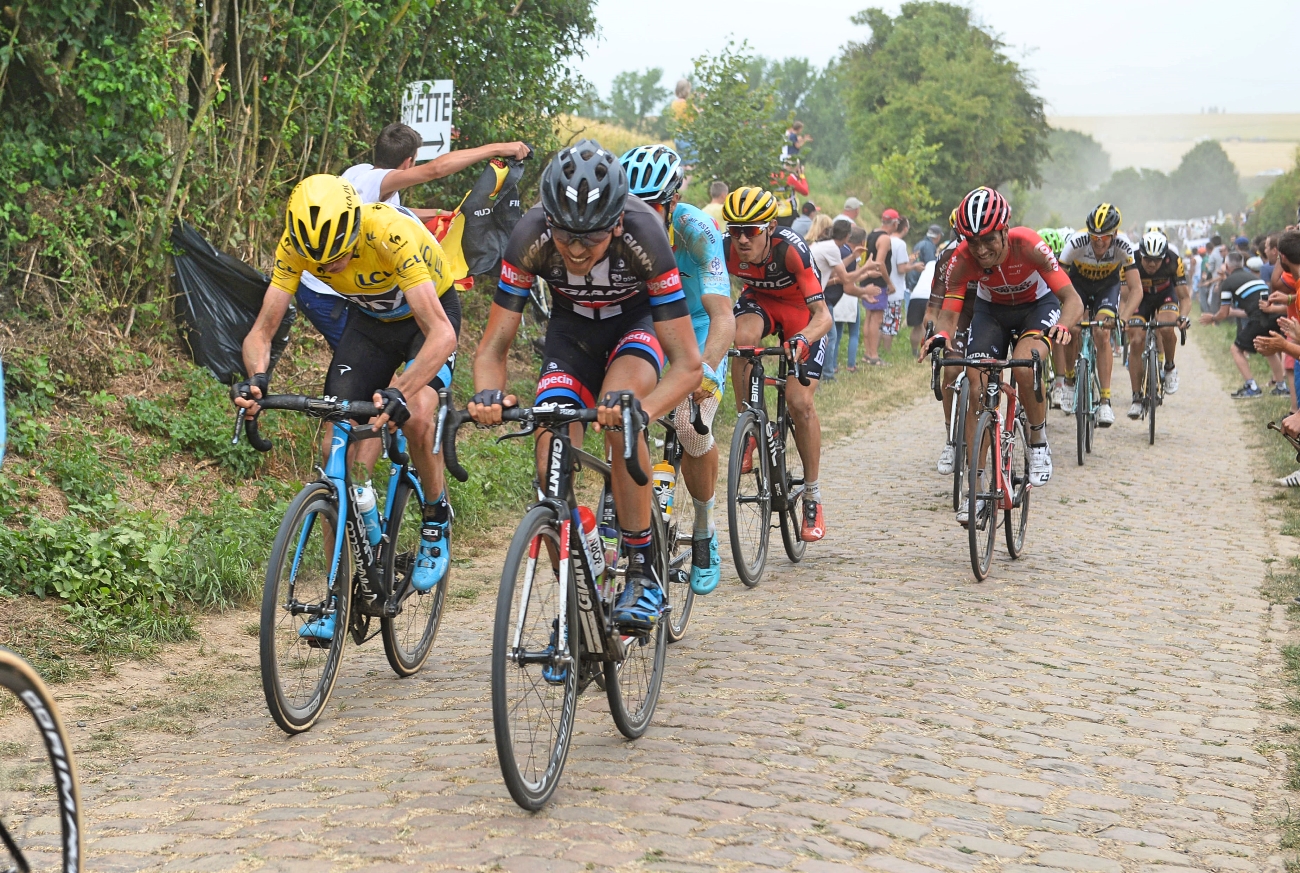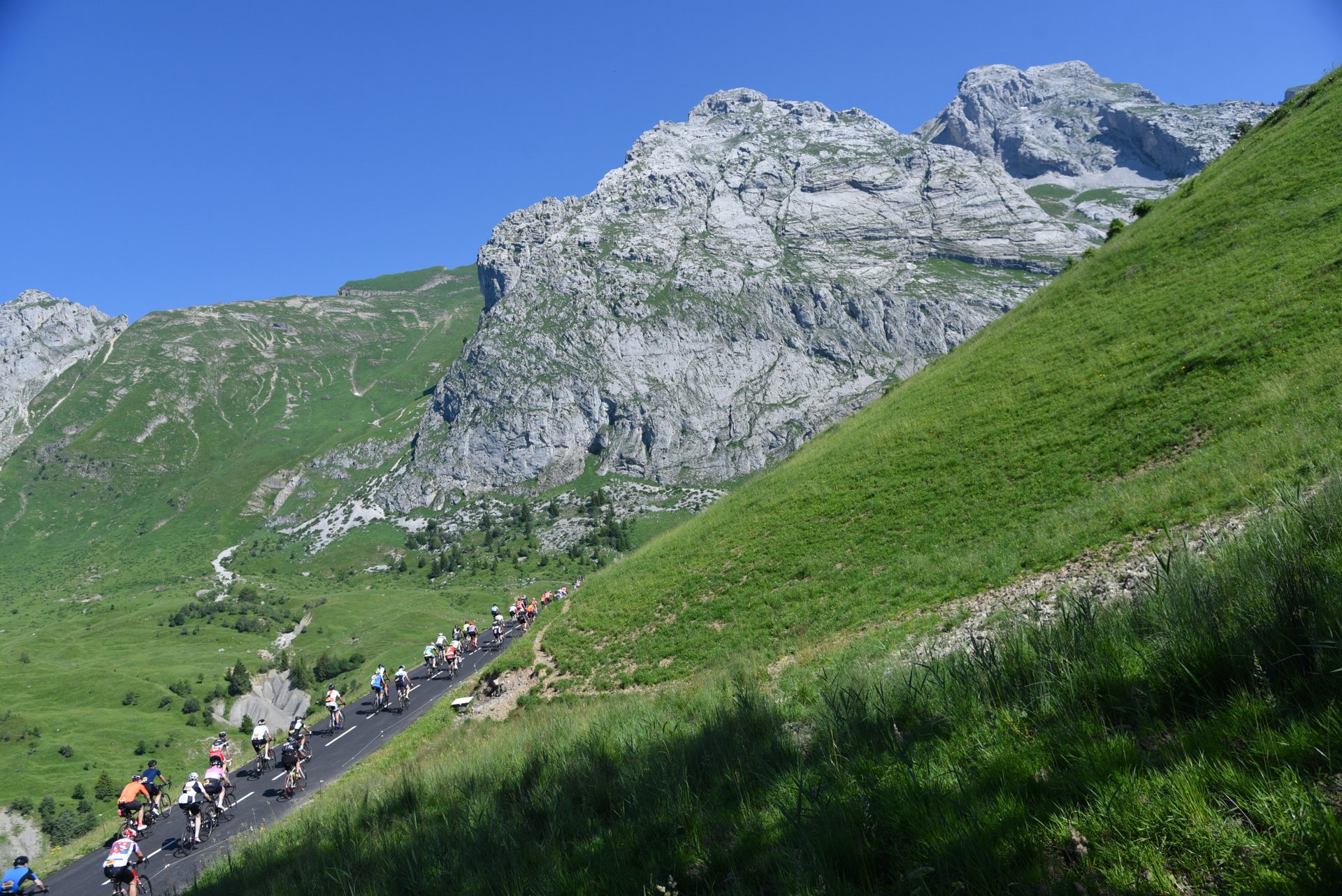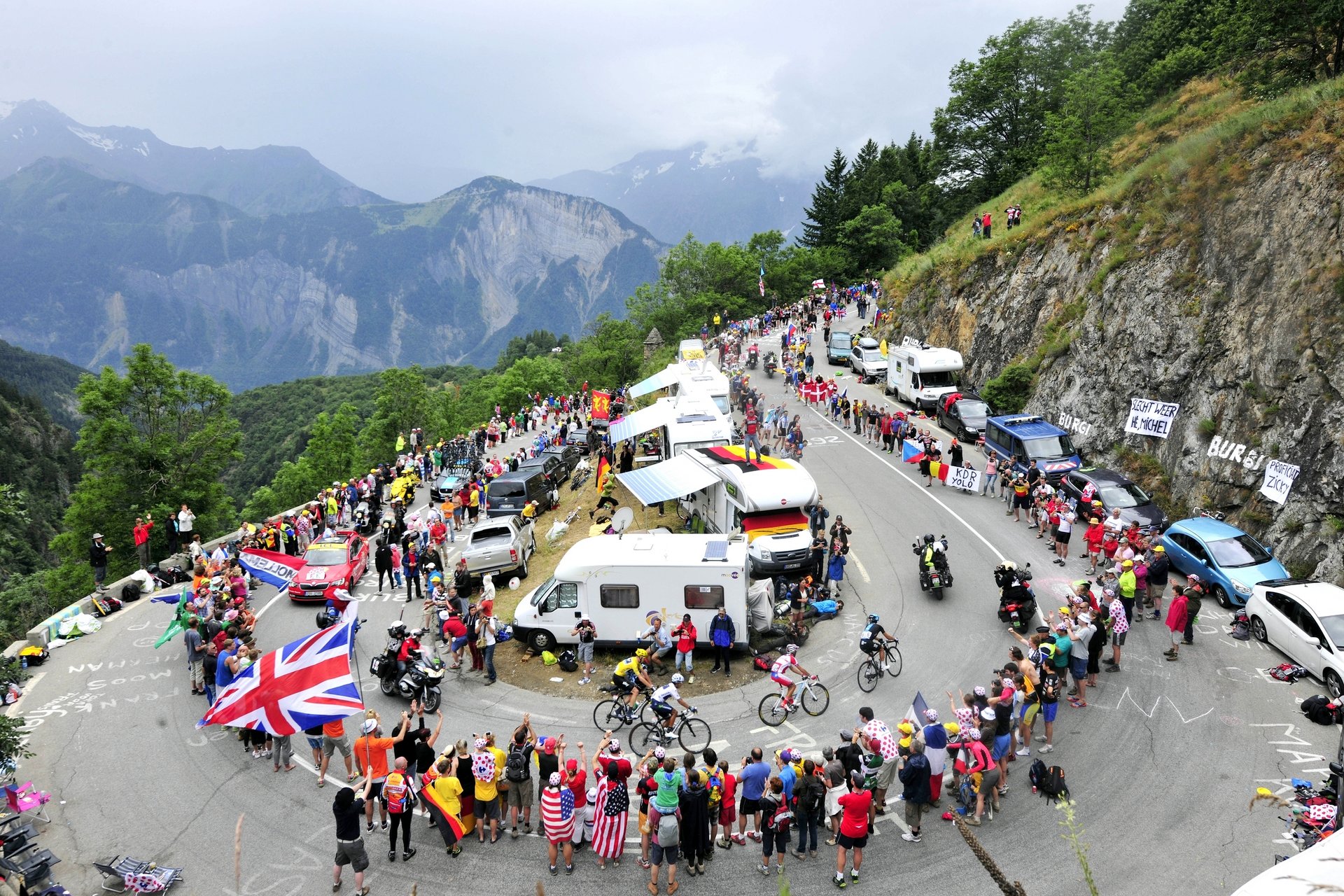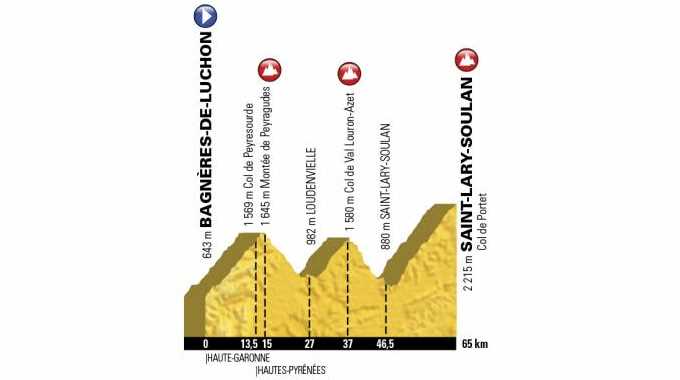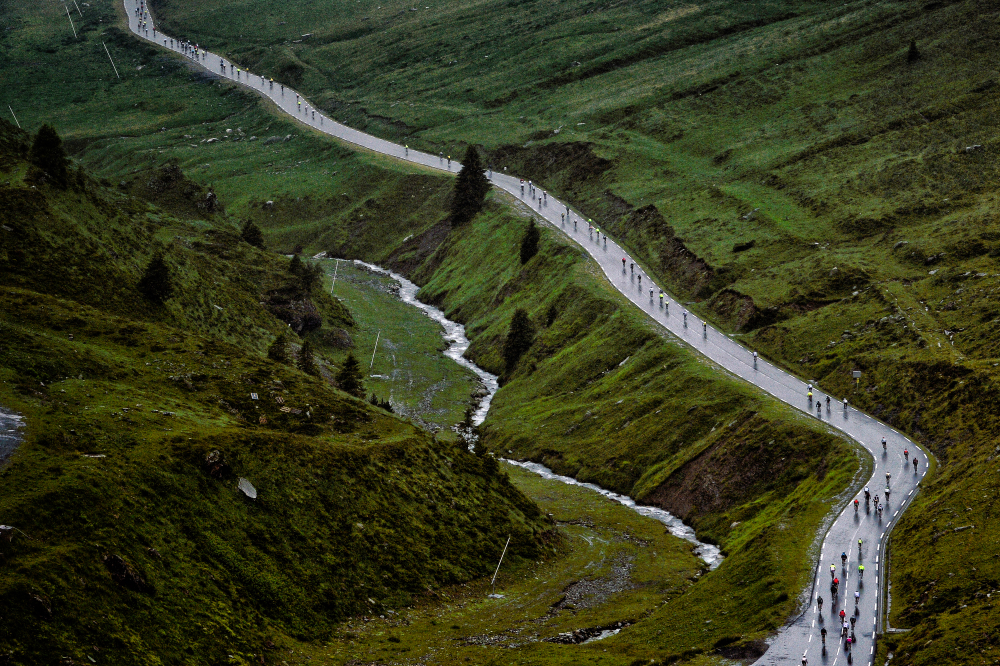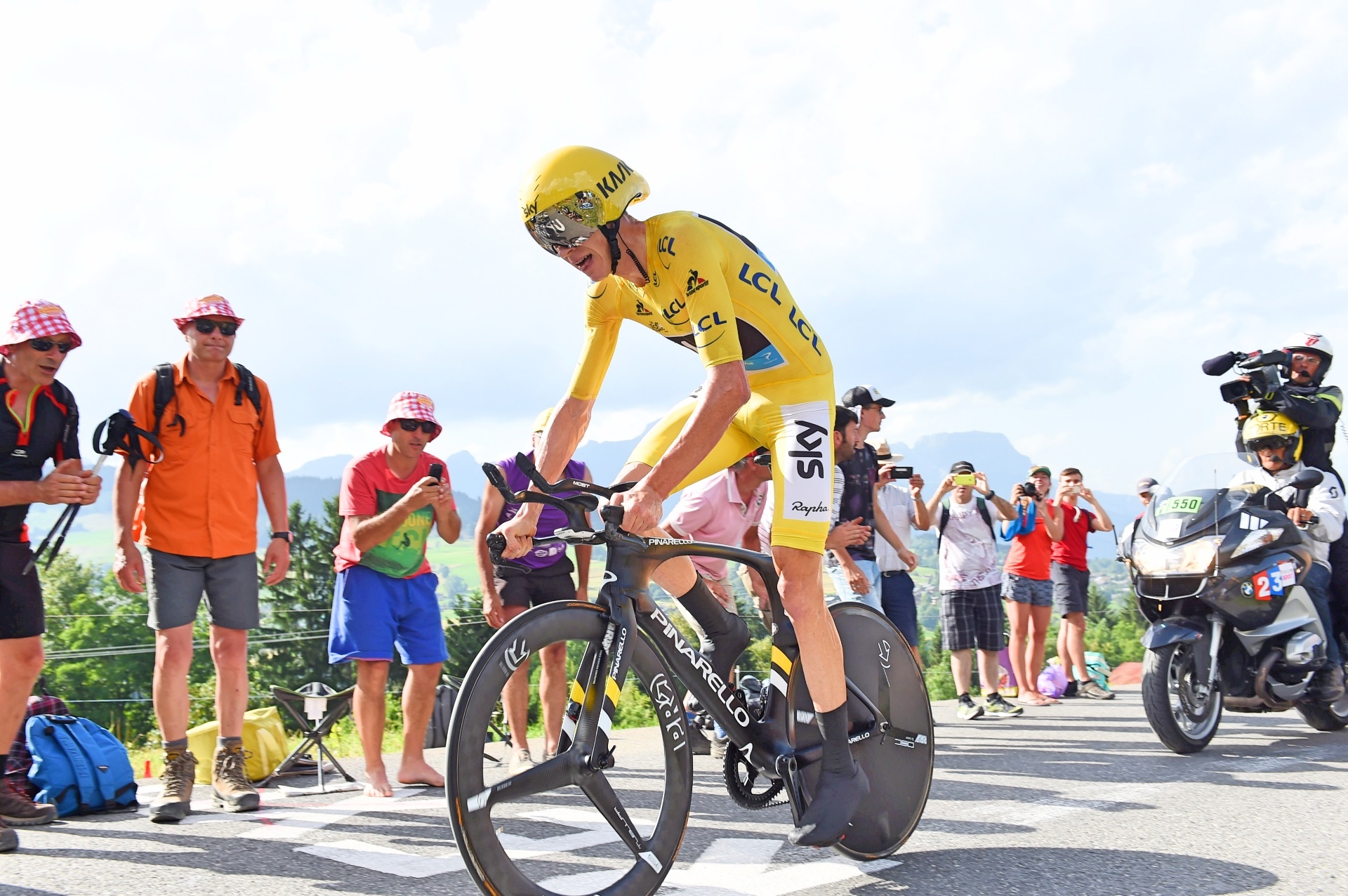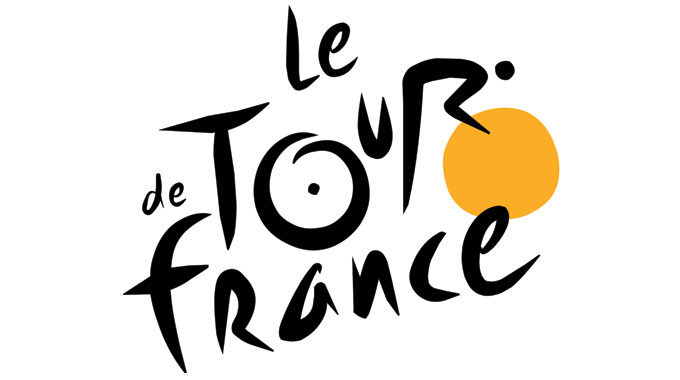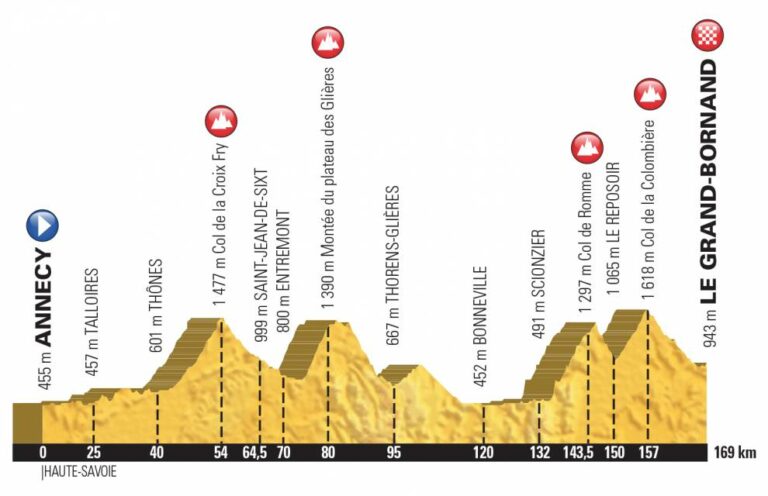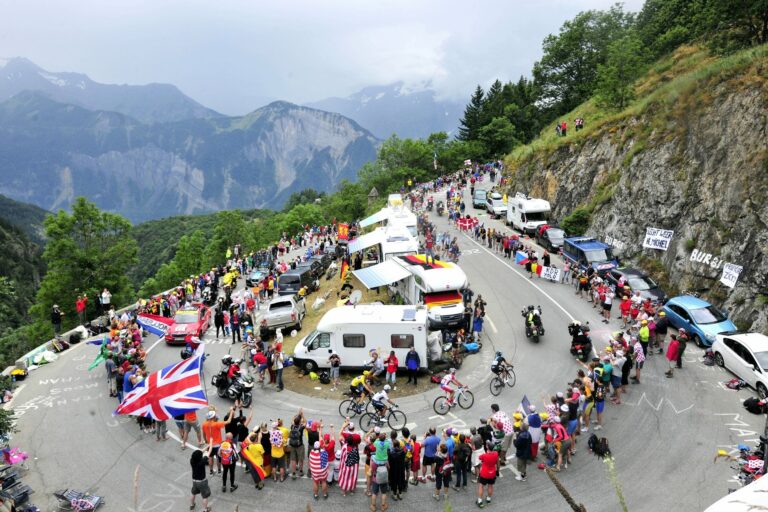The 2018 Tour de France will challenge every aspect of road cycling, with cobbles, hilly finales, mountains, and both a team and individual time trial on the cards for next year’s yellow jersey hopefuls.
If Chris Froome is to secure a fourth consecutive Tour de France win, and achieve a record-equalling fifth career triumph, the Team Sky man will have to prove his all-round ability from July 7 to July 29 2018.
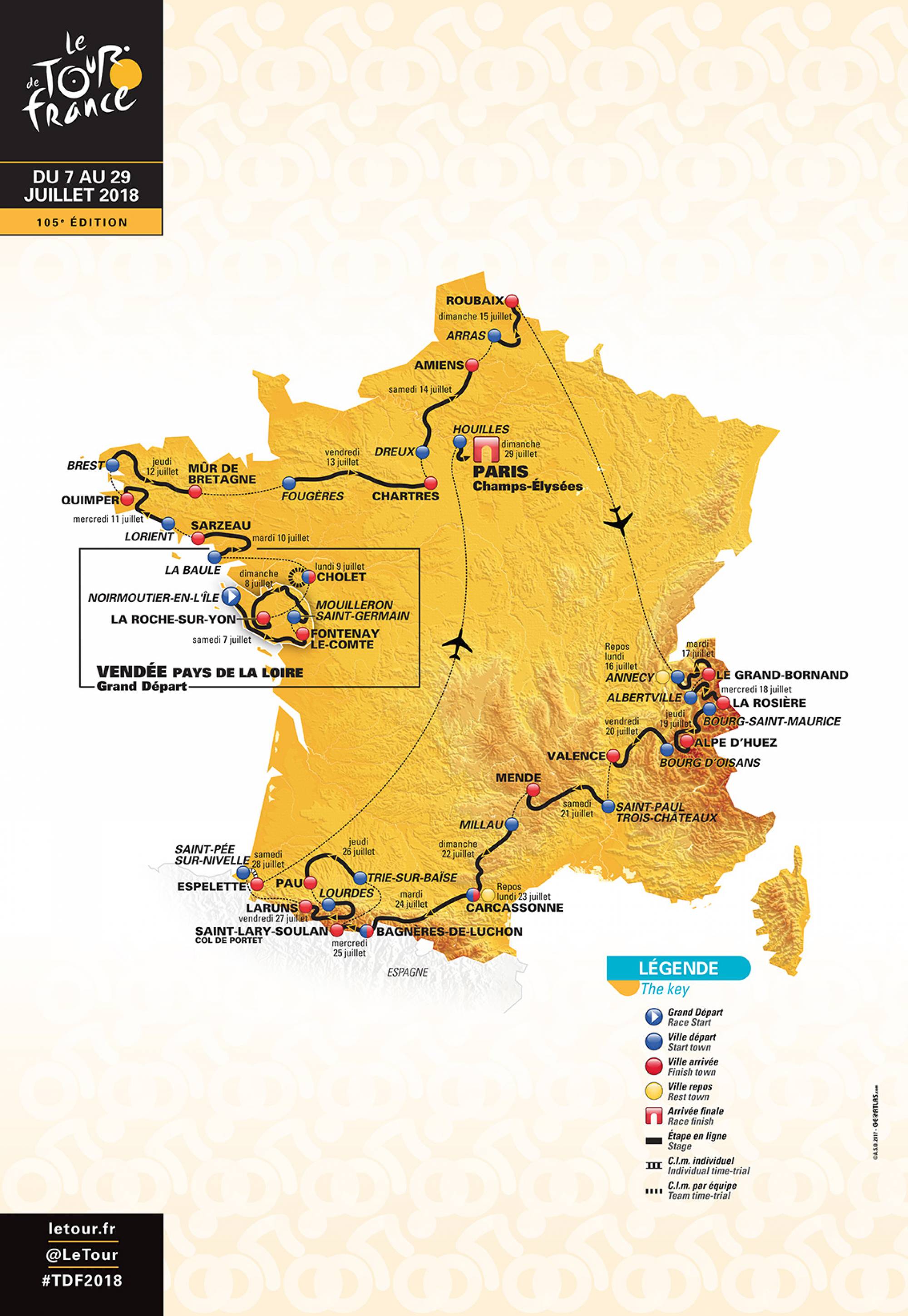
After a slightly tedious start to proceedings for the 2017 race, which saw Marcel Kittel claim five sprint victories in the first 11 stages, organisers ASO have thrown a few curve-balls in to keep things interesting this time out.
But where will the race be won or lost? Where will Froome need to gain time on his rivals, and where might they be hitting back? Here are eight key stages from the 2018 Tour de France route…

